Amidst new circumstances and challenges, "scapegoating solves no problem, and trade war, industrial war or tech war produces no winner," said Xie Feng, Chinese Ambassador to the U.S. in a keynote speech at the sixth U.S.-China Business Forum held in U.S. on Tuesday (local time).
"When we work together, both countries and peoples will fare well; but when we turn against each other, both sides and the world will suffer. Cooperation is the only right choice (for the two countries)," Xie said, according to a transcript on the website of the Chinese Embassy to the U.S..
The remarks came as the U.S. National Security Advisor Jake Sullivan arrived in Beijing on Tuesday to kick off a three-day visit to China, which showed that the two sides are trying to prevent uncertainty and further stabilize bilateral ties in the remainder of the year, analysts said.
China and the U.S. should respect each other’s right to development, uphold reciprocity and mutual benefit, and find solutions through dialogue and consultation, Xie said.
The Chinese ambassador said that as the top two engines of world economic growth, China and the U.S. account for over one-third of the global economy, and about one-fifth of the global trade.
"Any decoupling between the two sides would only make the world poorer," Xie noted.
He noted that China and the U.S. are already deeply intertwined and basically inseparable from each other. Over the past 45 years, the two-way trade expanded over 200 times, surpassing $600 billion, annually. In the first seven months this year, the two-way trade grew 4.1 percent (denominated in yuan).
"We need to both expand cooperation in traditional areas including economy, trade and agriculture, and nurture cooperation in new areas such as climate change and AI, so that both our countries and the world will come out as winners," Xie said.
Xie noted that he is glad to see the lively interactions between the two sides over the past months which testified to the shared aspiration for more exchanges and cooperation.
As another evidence of the vigor of China-U.S. business cooperation, U.S. companies including Tesla and Apple are expanding their presence in China.
Tesla's Gigafactory in Shanghai can now produce more than 950,000 vehicles per year, and its megapack factory there is nearly half complete just three months after construction started. Apple is ramping up its investment in China, expanding its applied research center in Shanghai and opening a new lab in Shenzhen, South China's Guangdong Province, Xie said.
He encouraged business leaders from both countries to seize the momentum and work hand in hand, make rational voices better heard, and forge closer ties while seeking greater success, so as to add more stability to China-U.S. relations.









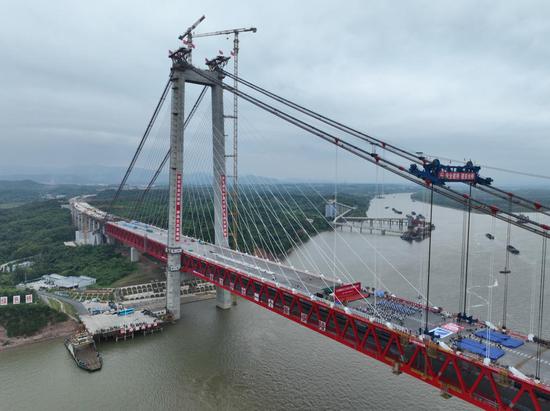
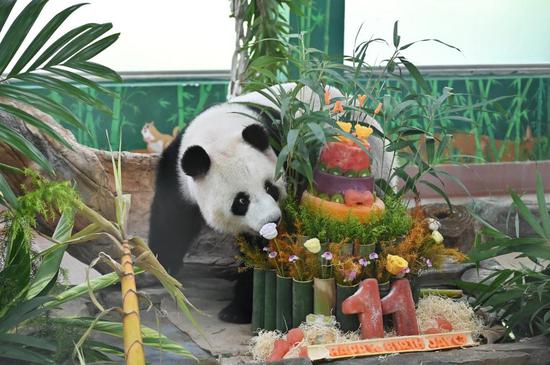
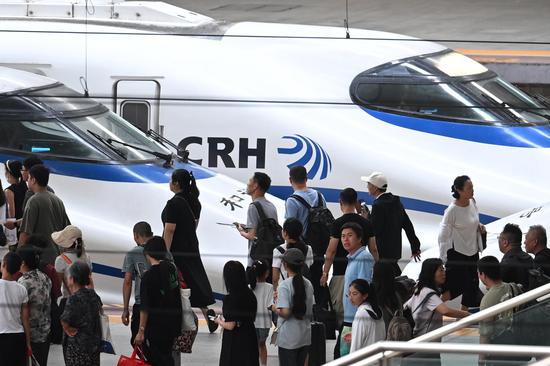















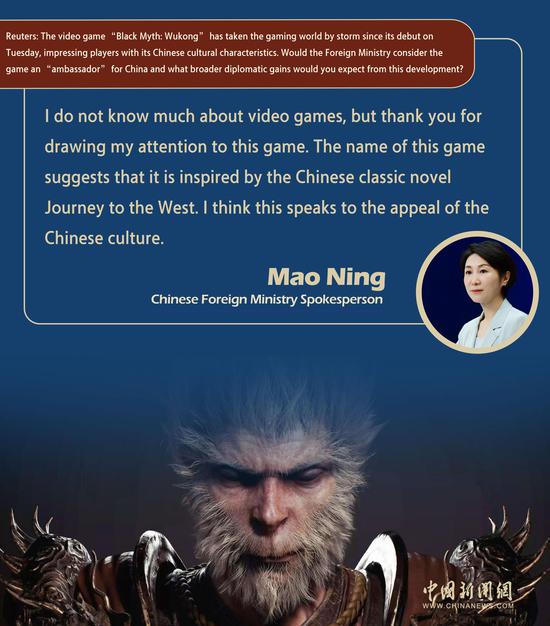
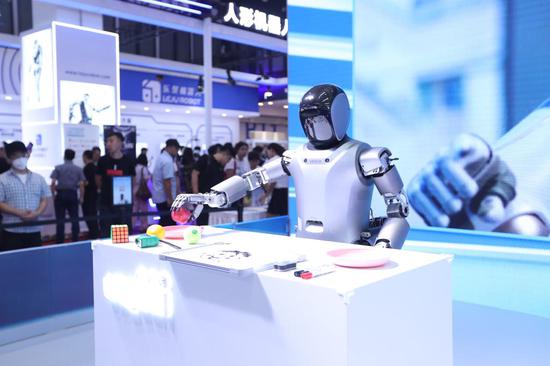


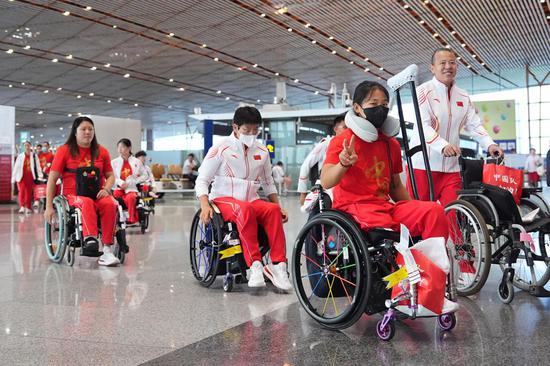
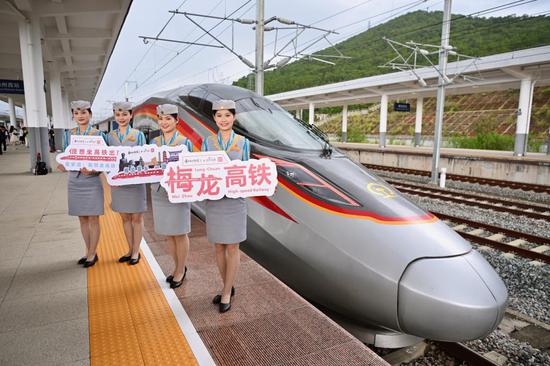
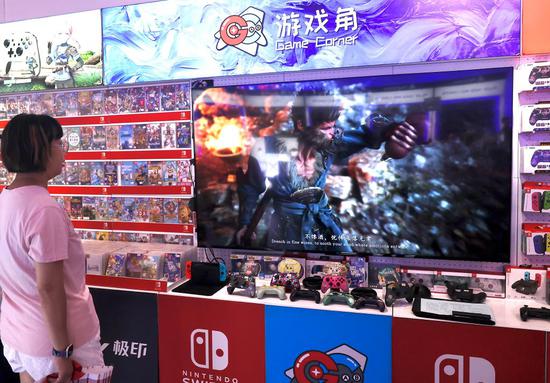



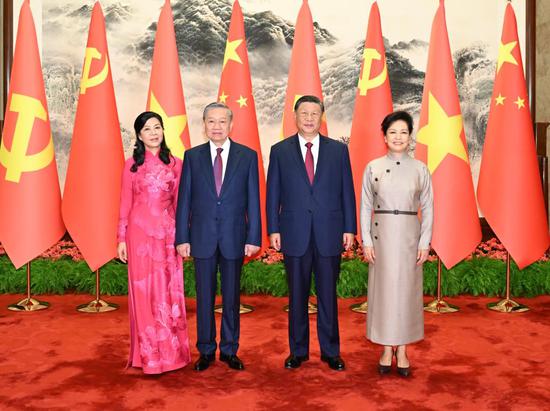
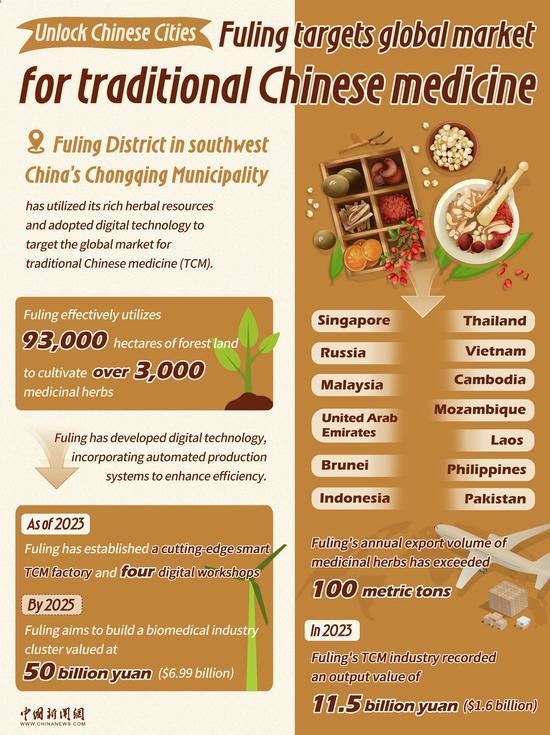
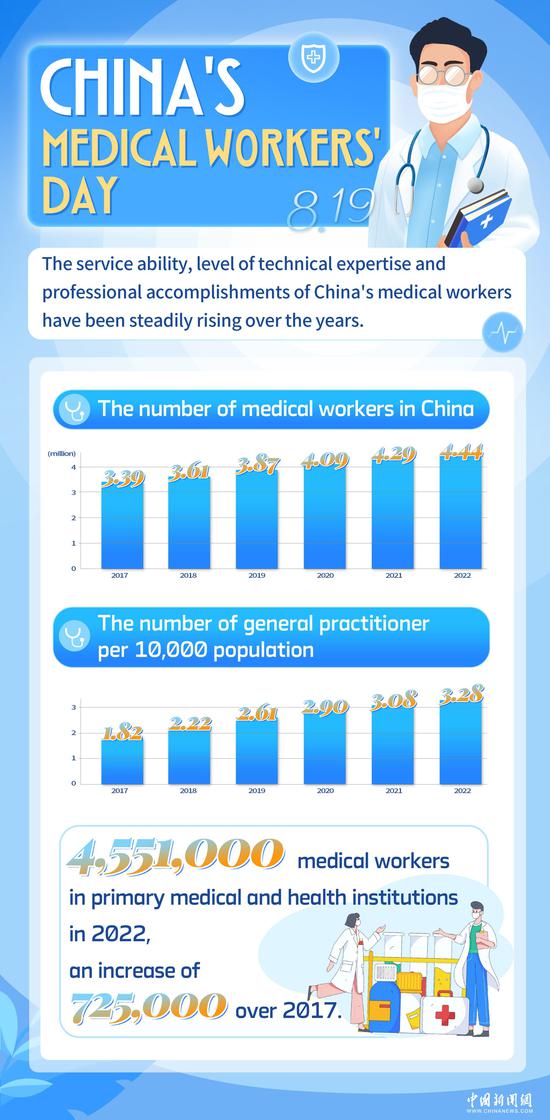
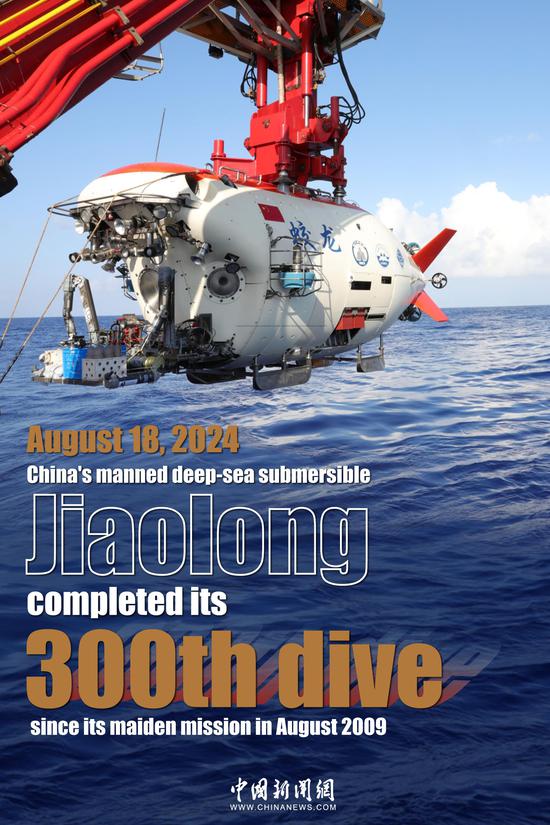



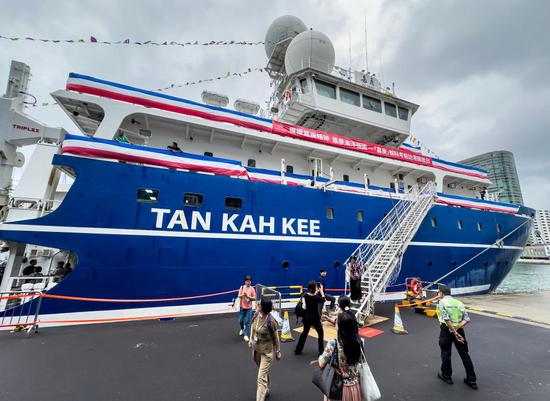

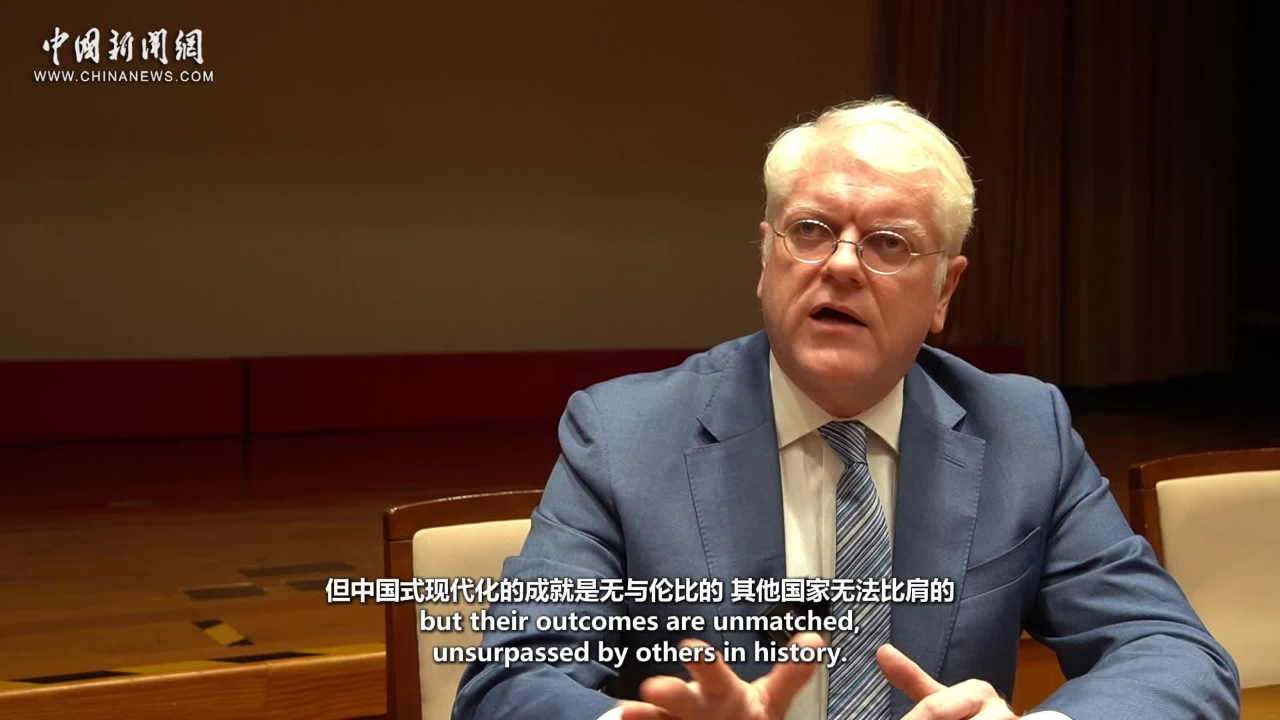



 京公网安备 11010202009201号
京公网安备 11010202009201号